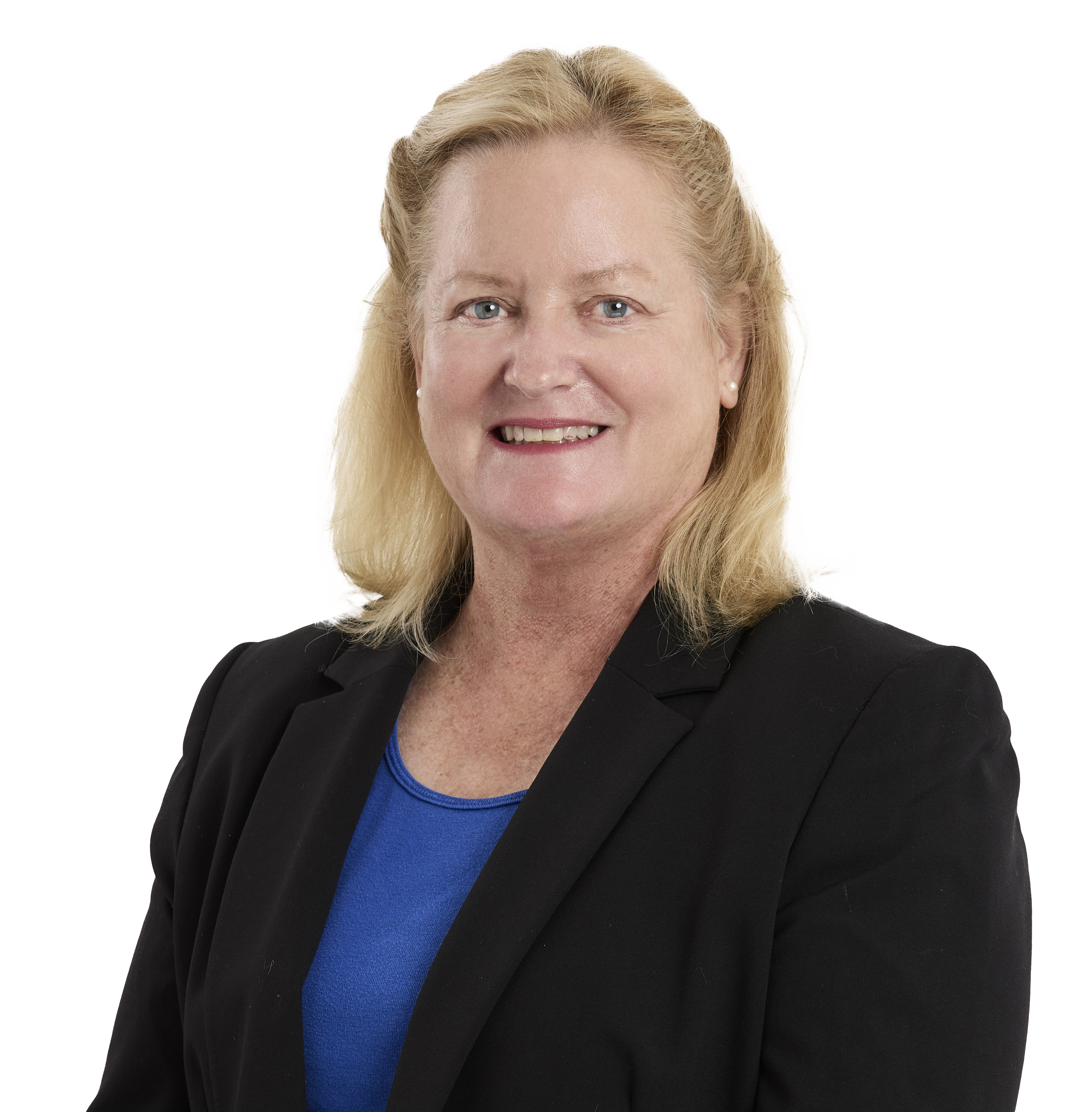A motor carrier purchased a commercial auto insurance policy from United Financial Casualty Company. As required by statute, United filed with the DMV multiple certificates proving the motor carrier’s financial responsibility. United’s policy lapsed a few years later when the motor carrier obtained replacement coverage from another insurer, Allied Premier Insurance. The motor carrier was later sued for wrongful death after an accident. Allied paid to settle that case, then sued United for contribution claiming that coverage under United’s policy persisted (after the policy’s lapse) because one of the certificates United had filed remained uncancelled in the DMV file.
A federal district court granted summary judgment to Allied based on Transamerica Ins. Co. v. Tab Transportation, Inc. (1995) 12 Cal.4th 389, a factually similar case. United appealed to the Ninth Circuit, which certified the following question of California law to the California Supreme Court: “does a commercial automobile policy continue in full force and effect until the insurer cancels the corresponding Certificate of Insurance on file with the Department of Motor Vehicles, regardless of the insurance policy’s stated expiration date?”
United retained Horvitz & Levy to brief and argue the appeal in the California Supreme Court, which adopted United’s arguments. The Court held that Transamerica did not govern because it was resolved under a different and defunct regulatory scheme. The Supreme Court further held that uncancelled certificates do not extend insurance coverage, eliminating the basis on which Allied sought contribution.



